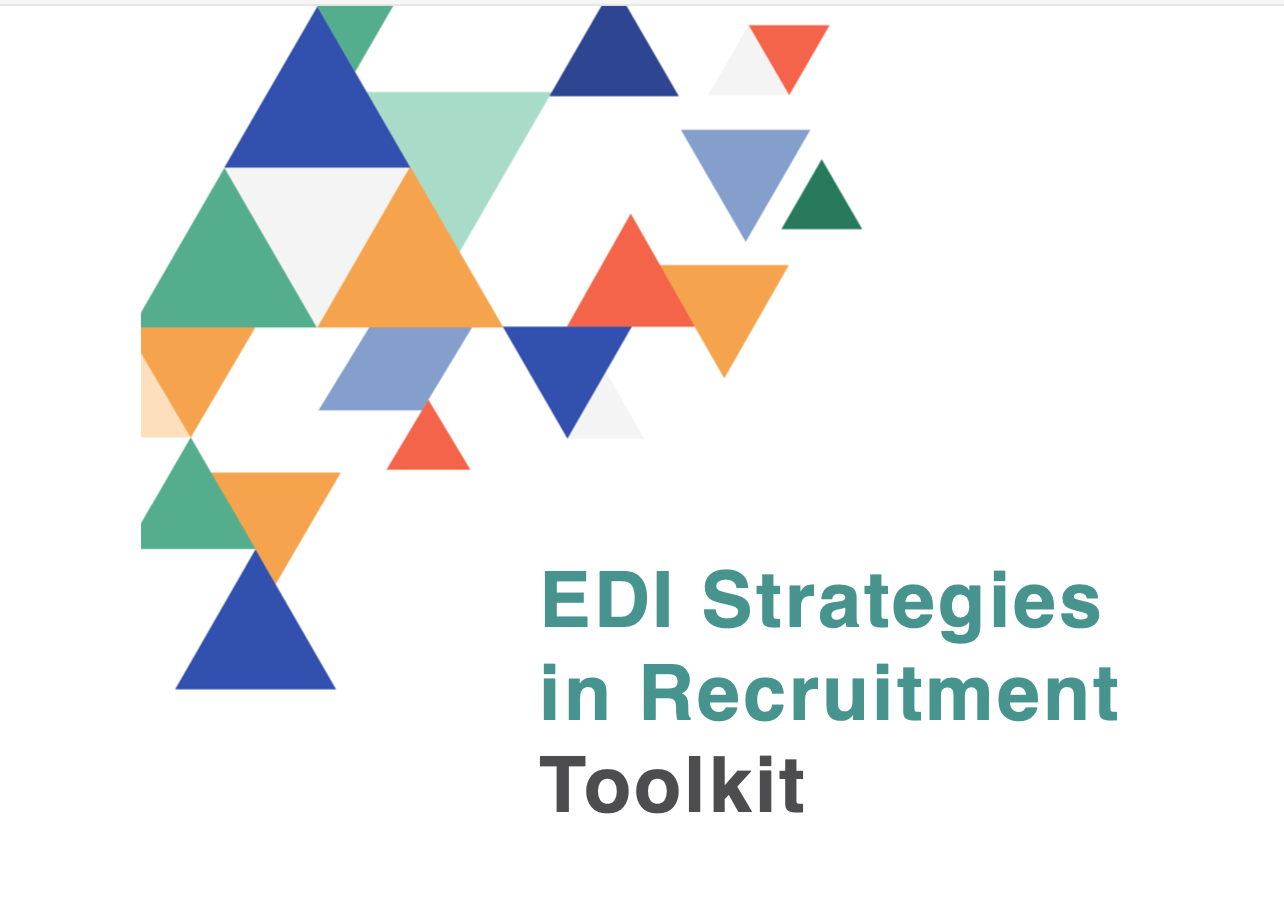ACKNOWLEDGEMENT
This toolkit was built by the contributions of Indigenous, Black, and People of Colour (IBPOC) who have been through the hiring process in libraries and offered their personal experiences and insights through surveys and interviews. Contributions from library leaders and supervisors who have been responsible for hiring and taken part in the recruitment process also informed the strategies shared here. After 132 online survey responses, 21 follow up interviews, and numerous consultations, this project would not have been possible without the support, openness, and collegial spirit of our colleagues at all sides of the table.
Project led by Jessica Whu Lee
Project sponsored by British Columbia Library Association
Introduction
The HR staff told me that one of the managers believed Chinese librarians are too shy to be responsible as the person-in-charge for closing the library branch and responding to issues. This is why I wasn’t the successful candidate.
Libraries are dominated by policies, practices and procedures that have created barriers for racial representation in our workforce. This is reflected in how:
- there are fewer racialized staff in professional roles, and in roles of increasing leadership levels.
- there is an imbalance of racialized workers in libraries compared to their diverse multiracial client bases Our library workforces often do not reflect the populations and groups we serve.
WHO IS THIS FOR?
This toolkit is for library leaders across Canada and anyone involved in the hiring process in libraries from supervisors to human resource staff. The strategies are scalable and can be used in recruiting for any role in libraries.
HOW WAS THIS BUILT?
The Equity, Diversity, and Inclusion (EDI) Strategies in Recruitment Toolkit was developed in 2022. Its content is built from data and insight collected through surveys, stakeholder interviews, and secondary research.
WHAT TO KNOW FIRST
WE ALL HAVE UNCONSCIOUS BIAS
Unconscious bias, or implicit bias, is an assumption, belief, or attitude that we hold subconsciously and affects the judgements we make in favour or against someone. We all have bias no matter what our background is. Bias can be influenced by: stereotypes we hold, affinity we have for people who are like us, perceptions we have about cultures, or our tendency to support someone we see as being part of our social group vs an outsider. There are many types of bias. We need to acknowledge and understand that we are influenced by bias before we can move forward with applying any EDI strategy.
THERE IS NO “DIVERSE CANDIDATE”
An individual candidate cannot be described as diverse. “Diverse” is an adjective for describing things that are different from one another. This means a group of people can be diverse (different from one another) but a single person cannot be diverse (different from themselves). Using diverse to describe a candidate is a veiled way of tokenizing someone. It is vague and not meaningful. Be explicit about the unique experience, skills, and competencies you’re looking for and valuing in a candidate.
INCLUSIVE STRATEGIES BENEFIT ALL
Diversity is not limited to the category of race and ethnicity — there are additional underrepresented identity groups in libraries. This project has focused on hearing the experiences of candidates with diverse racial and cultural backgrounds, while understanding we share intersectional identities. The strategies outlined here are inclusive recruitment practices that can benefit all candidates as well as our workforce in general.
THIS IS ONE STEP
Recruitment is not the sole solution. An organizational culture shift is needed. Changes to infrastructure and systems are required including ones to support minority workers when they join our workplaces. Taking action to change the way we recruit should happen concurrently with other EDI efforts. We need systemic change in our organizations.
START TODAY
The recommended actions in this toolkit are a starting place. Consider what is realistic for your organization when it comes to resources, time, and budget. You can implement select strategies, observe, learn, and adapt. Applying what you read here will look different for every library. There are no reasons to delay nor wait. Start with actionable steps today.
Taking Action
This toolkit outlines 20 actions you can take to transform the way you recruit at each stage of the process from posting to onboarding.
Final Remarks
The toolkit is designed to support any organization with active steps towards better recruitment practices and a stronger workforce. For many of us, we are in the early beginnings of this work. The investment we make now will transform our libraries and teams for the better. From your colleagues who are actively making recruitment more equitable and inclusive, they want you to know:
This work is difficult. It takes time.
It is also crucial and it needs to be done now.

